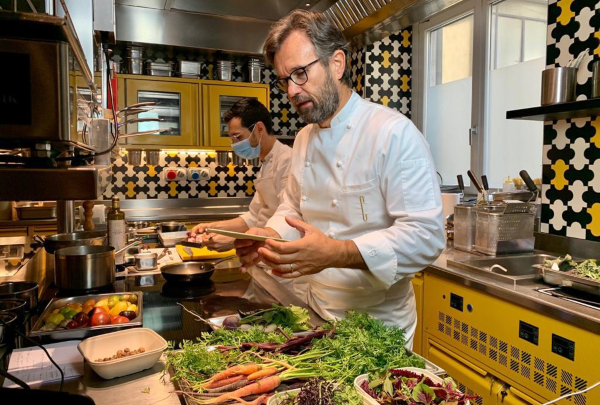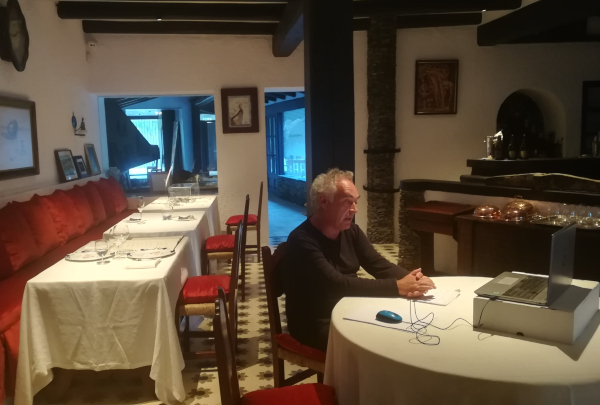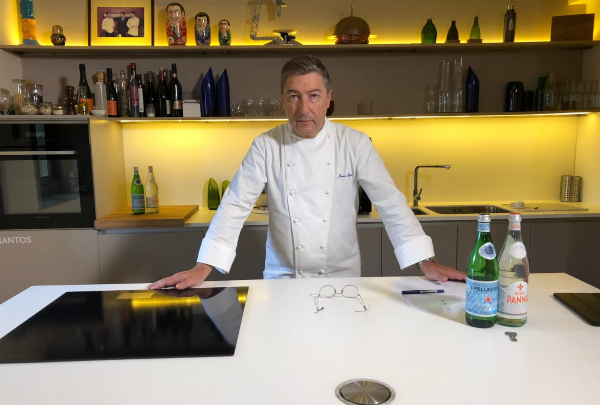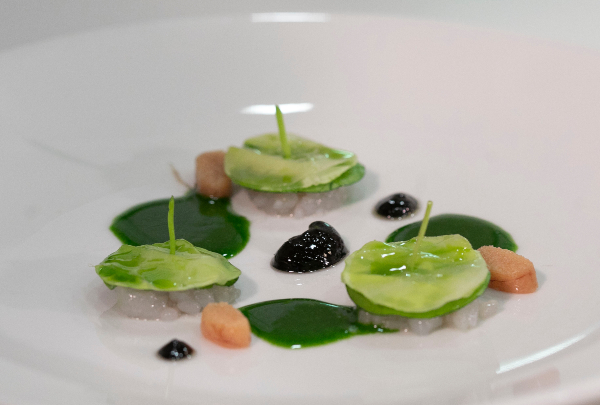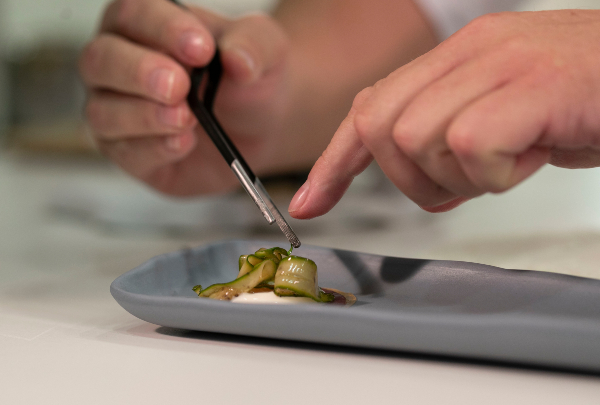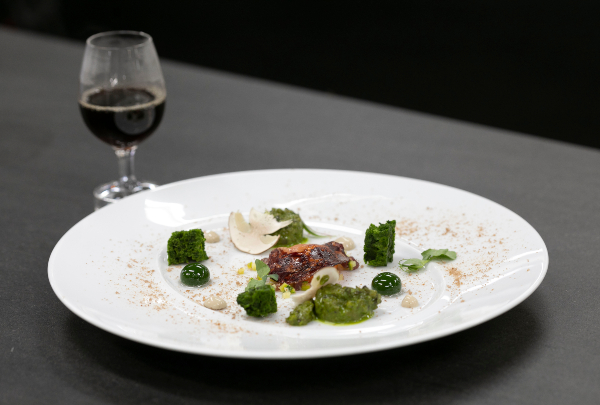News
JJ Jonhson: “The diaspora of the African slaves has left its mark in many cuisines”.
.jpg)
Rice's master.
Born and bred in the United States, JJ Johnson advocated the decisive role the African culinary culture has had in many cuisines throughout the planet due to the diaspora of slaves that came from Western Africa. “I knew who I really was through the culinary culture of Africa”, recognised the chef born and bred in the United States, who has learnt through his travels about “other cultures and other culinary countries” in order to learn more about the key focus of his work: rice.
This cereal, of African origin, individualizes, according to Johnson, the different culinary traditions: “All cultures have types of rice that define them”; and, at the same time, it is a point of attachment since “many cultures eat with a bowl of rice on the table”. Since its origins in Africa, rice has travelled throughout the world as has the African culinary heritage, which has enabled “there to be connections between dishes of countries that are very different to each other”. The American chef advocated the need “to be loyal to our history”.
A heritage that is now being given its value with proposals such as JJ Johnson himself, owner of Field Trip, a casual restaurant located in Harlem (New York), that has made rice and its different versions from around the world its trademark. As an example of his work, JJ Johnson has shown us two dishes prepared from two varieties of rice. His first was a jollof rice dish – “which shows us the culture of Western Africa”- passed through the sieve of the southern United States (“my grandmother used to cook it”) and finally remade by the chef himself, “like risotto”. Ultimately, a journey through cultures, just like the rice itself when it left Africa. In his second proposal, JJ Johnson has chosen the Italian Vercelli rice variety which he has mixed tastefully with vegetables, seafood and smoked bacon.
The chef’s goal was to demonstrate the versatility of a product found worldwide but not always recognised and appreciated. As a sample, he demanded “that rice such as basmati should be treated like champagne, which cannot be given its name unless it has been made in that French region”. The American advocated “the importance of the soil, the crop, the way of handling rice” as a product we must get to know better. Also, as consumers. Johnson called for being able to achieve freshly ground rice “something that will change how we cook it and its nutritional intake. He finished his talk with some advice for the cooking aficionados because he ensured that “we don’t know how to cook rice”. Take note: a wide cooking pot, large, so that the rice doesn’t end up uncooked on top and flattened underneath, cook it without salt, because salt “doesn’t allow the grain of rice to explode” and this way we’ll have it ready in 15 minutes, and don’t stir the pot, “please, leave the rice be”.


.jpg)
